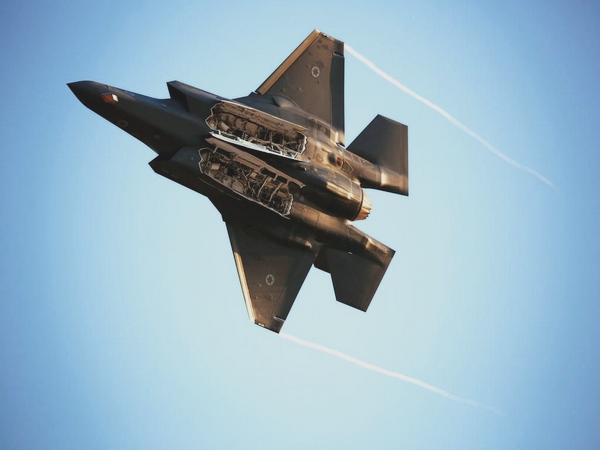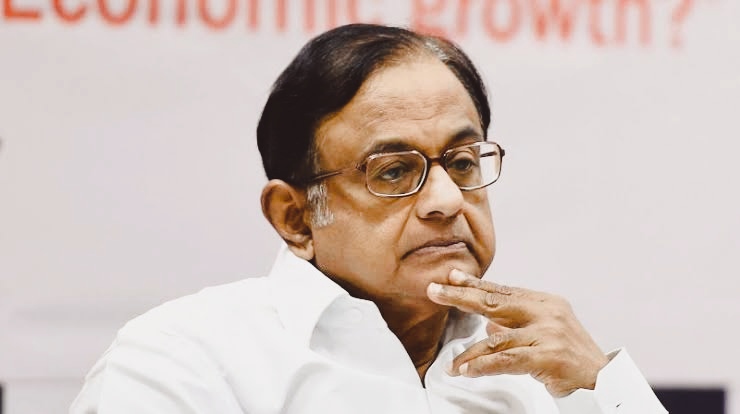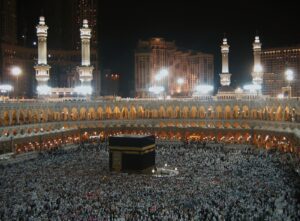Tel Aviv: As the conflict with Hamas enters its sixth month, Israel finds itself at a critical juncture, facing the possibility of either escalating tensions on multiple fronts or forging new diplomatic ties with Arab nations.
While Israel has been lauded by some Arab nations for standing firm against the Iranian-backed axis comprising Hamas, Hezbollah, and others, there is also growing concern about Israel’s perceived existential struggle and its perceived disregard for boundaries.
Despite significant military achievements, including the elimination of thousands of terrorists and the disruption of enemy operations, Israel continues to face ongoing rocket attacks, highlighting the persistent threat posed by groups like Hamas and Hezbollah.
Furthermore, tensions between Israel and its traditional ally, the United States, have strained relations, with Washington’s perceived lack of effectiveness in resolving the conflict emboldening Hamas and complicating negotiations.
Within Palestinian territories, the conflict is deeply ingrained in the collective memory, with many viewing it as a continuation of past struggles. The scale of casualties remains contentious, with Palestinian figures often disputed by Israeli authorities.
Amidst the turmoil, the Palestinian Authority seeks to position itself as a viable governing entity, undertaking reforms and initiatives to garner support and legitimacy, albeit with skepticism about its leadership.
In neighboring Lebanon, Israel’s military actions have signaled a willingness to confront Hezbollah, prompting the group to reconsider its strategies and alliances.
As tensions persist, Arab media also highlight internal dissent within Israel, with significant demonstrations against the government’s policies.
In summary, after six months of conflict, Arab perceptions of Israel remain nuanced, acknowledging its military prowess while also expressing concerns about its approach and the broader regional implications of the ongoing strife.





